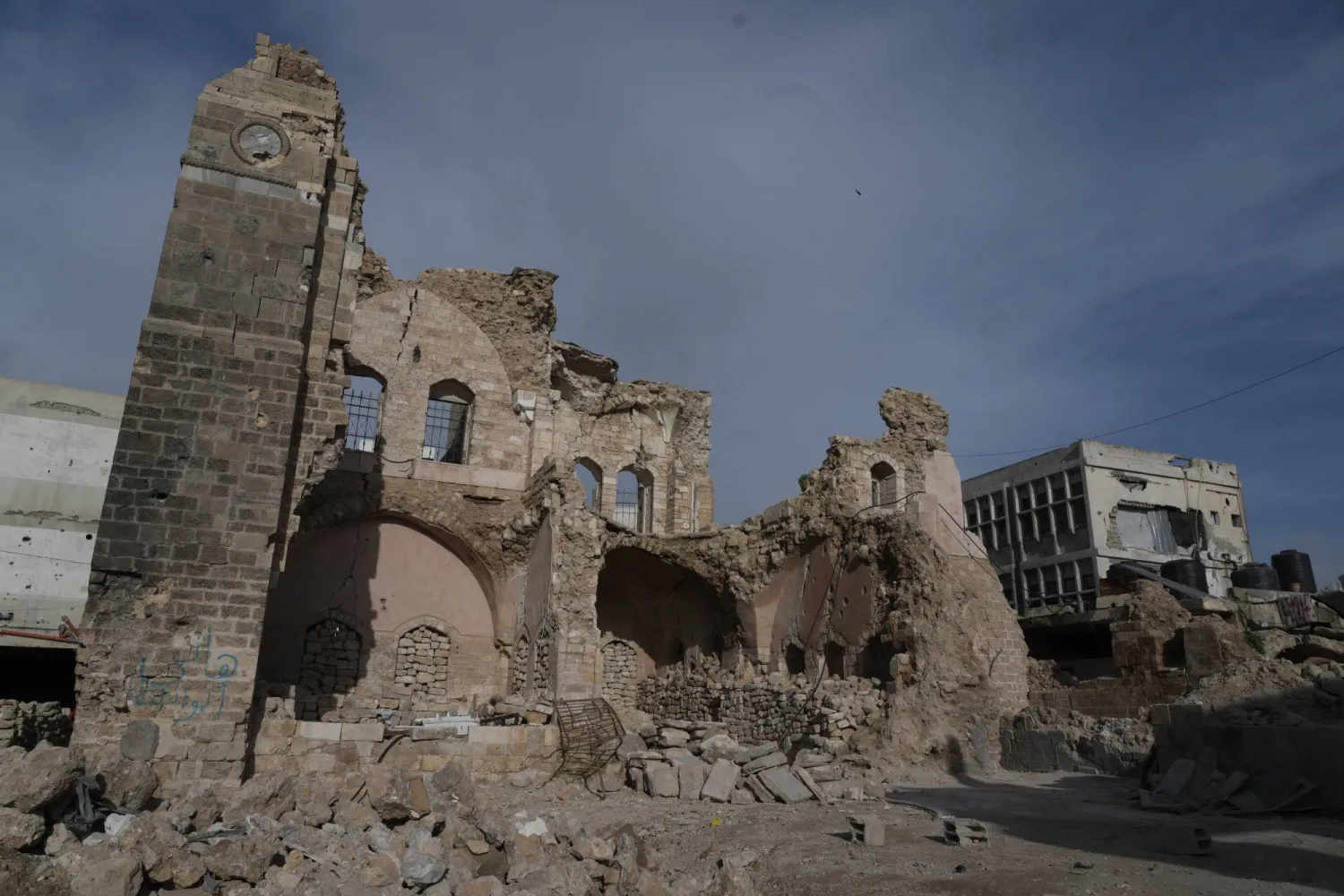The sheer scale of destruction from the deadliest war in Gaza's history has made the road to recovery difficult to imagine, especially for people who had already lost their homes during previous conflicts.
After an Israeli strike levelled his family home in Gaza City in 2014, 37-year-old Mohammed Abu Sharia made good on his pledge to return to the same plot within less than a year.
The process was not perfect: the grant they received paid for only two floors instead of the original four.
But they happily called it home until it came under aerial assault again last October, following Hamas's attack on southern Israel.
This time, the family could not flee in time and five people were killed, four of them children.
The rest remain displaced nearly a year later, scattered across Gaza and in neighboring Egypt.
"A person puts all his life's hard work into building a house, and suddenly it becomes a mirage," Abu Sharia told AFP.
"If the war stops, we will build again in the same place because we have nothing else."
With bombs still raining down on Gaza, many of the Palestinian territory's 2.4 million people will face the same challenge as Abu Sharia: how to summon the resources and energy necessary for another round of rebuilding.
"The pessimism is coming from bad experiences with reconstruction in the past, and the different scale of this current destruction," said Ghassan Khatib, a former planning minister.
That has not stopped people from trying to plan ahead.
Some focus on the immediate challenges of removing rubble and getting their children back in school after nearly a year of suspended classes.
Others dream of loftier projects: building a port, a Palestinian film industry, or even recruiting a globally competitive football team.
But with no ceasefire in sight, analysts say most long-term planning is premature.
"It's sort of like putting icing on a cake that's not yet fully baked," said Brian Katulis of the Middle East Institute in Washington.
It could take 80 years to rebuild some 79,000 destroyed homes, the United Nations special rapporteur on the right to housing said in May.
A UN report in July said workers could need 15 years just to clear the rubble.
The slow responses to past Gaza wars in 2008-9, 2012, 2014 and 2021 give little reason for confidence that rebounding from this one will be any smoother, said Omar Shaban, founder of the Gaza-based think tank PalThink for Strategic Studies.
The Israeli blockade of Gaza, imposed after Hamas took control of the territory in 2007, remains firmly in place, sharply restricting access to building materials.
"People are fed up," Shaban said.
"They lost their faith even before the war."
Despite the hopelessness, Shaban is among those putting forward more imaginative strategies for Gaza's postwar future.
Earlier this year he published an article suggesting initial reconstruction work could focus on 10 neighborhoods -– one inside and one outside refugee camps in each of Gaza's five governorates.
The idea would be to ensure the benefits of reconstruction are seen across the besieged territory, he told AFP.
"I want to create hope. People need to realize that their suffering is going to end" even if not right away, he said.
"Otherwise they will become radical."
Hope is also a major theme of Palestine Emerging, an initiative that has suggested building a port on an artificial island made of war debris, a technical university for reconstruction, and a Gaza-West Bank transportation corridor.
Other proposals have included launching a tourism campaign, building a Palestinian film industry, and recruiting a football squad.
"Maybe when you look on some of these, you would think they are, you know, dreams or something," Palestine Emerging executive director Shireen Shelleh said from her office in Ramallah in the Israeli-occupied West Bank.
"However, I believe if you don't dream then you cannot achieve anything. So even if some people might find it ambitious or whatever, in my opinion that's a good thing."
Khatib, the former planning minister, said it was not the time for such proposals.
"I think people should be more realistic," he said.
"The urgent aspects are medicine, food, shelter, schools."












